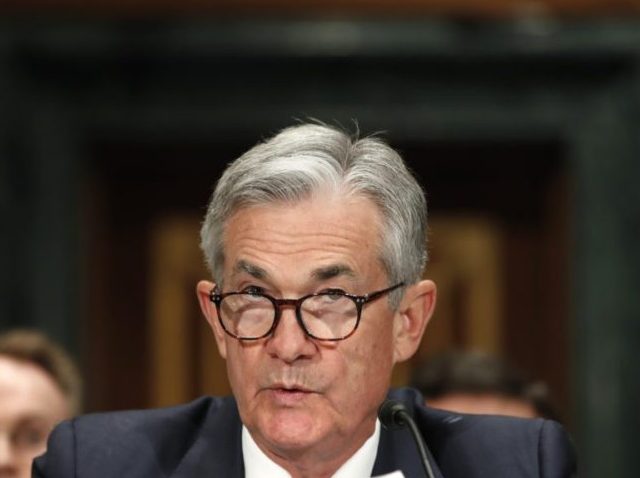Fifth Third’s $4.7 billion deal to purchase Chicago’s MB Financial is a sign that large regional banks are feeling pressure to grow and believe the regulatory environment has turned positive for bank mergers and acquisitions.
Fifth Third is already a very large financial institution, with $142 billion of assets. Adding MB Financial’s $20 billion of assets makes pushes it up toward the size of the truly giant banks that dominate so much of the deposit-taking and lending business in the U.S.
That is the point of the acquisition. Smaller banks like MB Financial are finding it harder to compete and looking for larger partners. Fifth Third needs to scale up to serve the needs of growing business clientele, according to Wall Street analysts.
Only part of this pressure to grow can fairly be described as “regulatory burden.” At the size of Fifth Third, the level of regulatory scrutiny applied to banks is up to the discretion of the Federal Reserve. It has room to grow without incurring much in the way of additional costs.
The story for MB Financial and similarly sized banks is different. These smaller banks are subject to far less stringent regulation than their bigger rivals but the costs are still substantial, according to banking executives. These higher costs make finding a bigger suiter an imperative for many smaller banks.
Perhaps even more important, however, is the squeeze large regional banks are feeling by being trapped between non-bank lenders and behemoth national banks. Both have been taking market share in nearly every imaginable banking product. A larger balance sheet appears to be the favored way of fighting back.
A bill that passed the Senate and is expected to pass the House as early as this week may make sizing up even more attractive. That bill would raise the threshold for annual stress tests by the Federal Reserve from $50 billion of assets to $250 billion. That gives the larger regional players more room to grow without incurring big regulatory burdens.
What this means is that the long pause in bank consolidation that followed the financial crisis may be coming to an end. That pause was also accompanied by a halt in new bank formation. As a result, the U.S. banking scene will likely include fewer smaller banks and more larger banks.
Relaxing capital rules, including exempting banks under $250 billion in assets from stress tests, are likely to invite even more bank consolidation. This will leave banks will excess capital, much of which is likely to be deployed to make acquisitions.
None of this has been accompanied by much public debate. The discussion of regulatory reform mostly centers around lifting the regulatory burden on smaller banks not on the potential for consolidation and increasing the size of regional banks. There’s a lot of talk about freeing up capital for more lending but the Fifth Third deal suggests that banks have other plans for their capital.
This isn’t–or shouldn’t be–surprising. In a recent Wall Street Journal op-ed, outgoing vice chairman of the Federal Desposit Insurance Corp Thomas Hoenig and former FDIC chairman Sheila Bair warned that banks do not tend to react to easing capital restrictions by expanding their lending books.
In our experience, bank holding companies lower their capital to correspond to any new minimum requirement. They distribute the “excess” to shareholders, or use it to subsidize the expansion of their trading and other nonbank activities, rather than to increase commercial lending. We have no reason to believe banks would respond differently this time. Thus, these proposals would weaken system resiliency either to benefit shareholder distributions or to allow these eight largest banks to become even bigger by taking on more leverage and risk.d
The Wall Street Journal‘s Aaron Back said the Fifth Third deal is a signal that “animal spirits have returned to the banking world.”
That’s likely true. But with an economy that is still scarred with the tooth and claw marks from its last encounter with the beast of untamed banking, Americans should be wary.

COMMENTS
Please let us know if you're having issues with commenting.